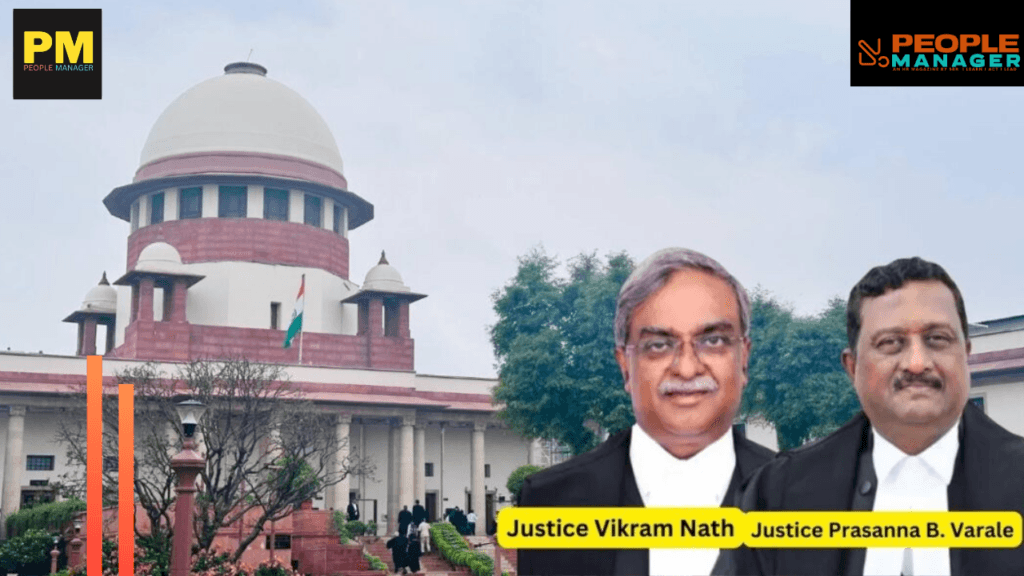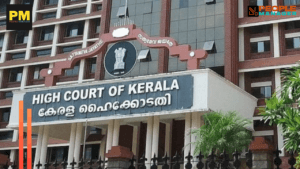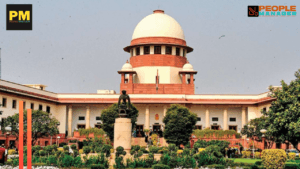The behest of Earlier Judgment Cannot Justify Exploitative Employment Practices: Supreme Court
The Court assessed whether the workers were directly employed by the organisation or through a contractor. This was a pivotal point, given conflicting Labour Court rulings.

In a significant judgment, the Supreme Court of India has criticized the practice of public institutions employing workers on daily wages or temporary contracts to avoid granting them permanent benefits. This decision was made clear in the recent case involving Ghaziabad Nagar Nigam, where the Court ruled against the unfair termination of certain workers, ordering their reinstatement with 50% back wages and directing a fair process for their regularization.
The case concerned gardeners (malis) employed in the Horticulture Department of Ghaziabad Nagar Nigam, who claimed continuous employment since 1998-1999 without formal appointment letters or statutory benefits. In 2004, the workers sought regularization and fair wages through the Conciliation Officer. Despite this, their services were allegedly terminated orally in mid-2005, without notice, written orders, or retrenchment compensation, while conciliation proceedings were ongoing.
The bench of Justice Vikram Shah and Justice Prasanna B Varale Court pronounced that judgment based on through examination whether the termination violated Sections 6E and 6N of the U.P. Industrial Disputes Act, 1947. These sections prohibit termination without due process when a dispute is pending before a labor authority.
The Court assessed whether the workers were directly employed by the Nagar Nigam or through a contractor. This was a pivotal point, given conflicting Labour Court rulings.
The Court considered if the long-serving workers in essential roles had a legitimate claim to regularization under labor laws.
The Nagar Nigam cited the Uma Devi case to argue that casual workers could not demand regularization without proper selection processes. The Court clarified that Uma Devi pertains to “illegal” appointments, whereas the workers in question were engaged in essential municipal duties for years, constituting an “irregular but not illegal” employment situation.
Delivering the judgment in Shripal & Anr. v. Nagar Nigam, Ghaziabad (Civil Appeal No. 8157 of 2024), the Supreme Court bench comprising Justice Vikram Nath and Justice Prasanna B. Varale ruled in favor of the workmen. The Court’s critical observations included:
The Court held that terminating the workmen during conciliation proceedings without notice or retrenchment compensation was a clear violation of Sections 6E and 6N of the U.P. Industrial Disputes Act, 1947. The judgment stated, “Unilateral alteration in service conditions, including termination, is impermissible during pending proceedings unless prior approval is obtained from the appropriate authority.”
The Court found no credible evidence supporting the Nagar Nigam’s claim that the workers were hired through contractors. Records indicated that wages were paid directly by the Horticulture Department, establishing an employer-employee relationship.
The prolonged engagement of workers in essential services without regularization was criticized. The Court emphasized, *”The principle of ‘equal pay for equal work’ cannot be disregarded when workers have performed perennial duties under the direct supervision of the employer.”
The Court rejected the employer’s reliance on the Uma Devi precedent, stating, “Uma Devi cannot be used as a shield to justify exploitative employment practices that persist for years without legitimate recruitment processes.”
The Court ordered the immediate reinstatement of workmen in their previous or equivalent posts, 50% back wages for the period between termination and reinstatement, continuous service benefits such as seniority and eligibility for promotions, and a transparent process for regularization within six months.
This ruling reaffirms the rights of long-serving temporary workers to regularization and underscores the illegality of exploitative employment practices. The Supreme Court’s decision serves as a crucial reminder to public institutions to uphold labor laws and ensure fair treatment of workers, emphasizing that administrative precedents cannot justify the prolonged exploitation of workers. The judgment marks a significant step toward strengthening labour rights and promoting fair employment practices in India. For further insights into the evolving workplace paradigm, visit
- Financial Crisis Cannot Compel an Employee to Work, Resignation Rejection Amount to Bonded Labour: Kerala High Court. - February 17, 2026
- Pernod Ricard India introduces Cheers VRorld, an industry-first VR-powered onboarding experience in the Alco-Bev sector - February 11, 2026
- Jio-bp Appoints Sareeta Bhatikar as Chief Human Resources Officer to Steer Next Phase of Growth - February 11, 2026








